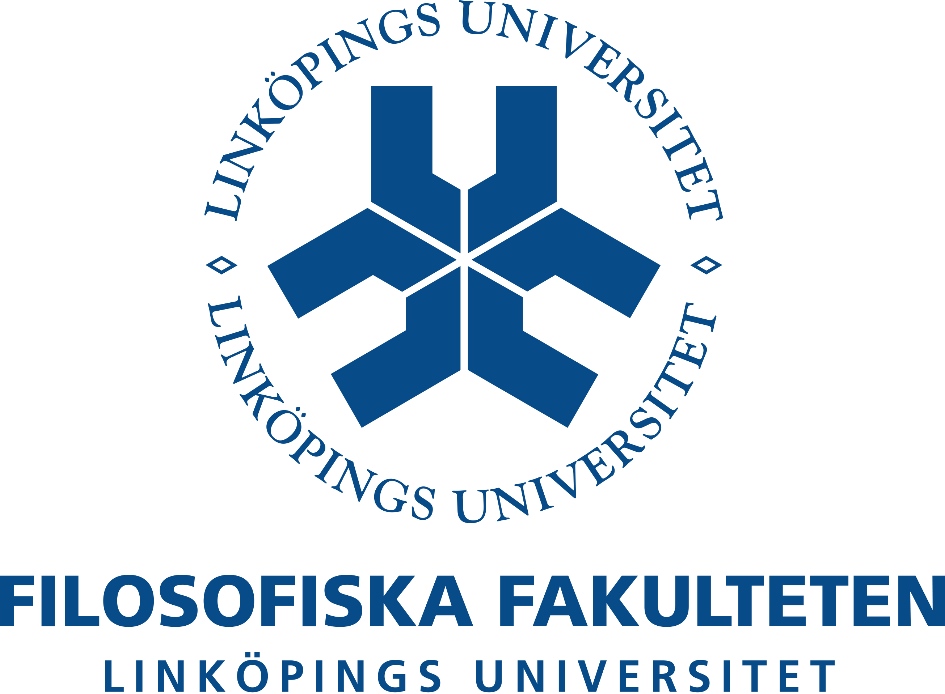
|
Visa engelsk kursplan |
|
Kurskategori Single Subject Course Huvudområde Teknik och social förändring - TSE Ämnesområde |
Kurskod | 743A04 |
Students acquire and develop an essential understanding of relations amongst high technology, product or process innovation, employment and economic growth. The course thus addresses crucial issues for engineers, economists and mangers as well as public policy-makers. It is offered to both Swedish and international students.
This section addresses a broad social and economic context within which firms act. It leads us into questions such as the institutional framework of different countries and which types of technologies and products create new jobs and economic growth in general.
(2) Systems of Innovation and Networks
This section uses the different perspectives already discussed in order to ask why and how regional vs. national vs. international contacts between firms and groups of firms and their institutional context can be important. This importance can vary in relation to institutional contexts. This is relevant both for asking how firms can or should act in different areas as well as for understanding the different faces of capitalism.
Students who have twice failed an examination that covers either a part of the course or the whole course may demand that another faculty member determines the grade for them.
Those who have passed an examination may not retake it in order to improve their grades.
Those who have passed an examination may not retake it in order to improve their grades.
Den som godkänts i prov får ej delta i förnyat prov för högre betyg.
Documented knowledge of English equivalent to “Engelska B” is required, or an international proficiency test, e.g. TOEFL, minimum score 550/213. Students must be in at least their third year of studies. It is preferable to have studied at least two semesters of economics, political science or business studies.
Kursen bedrivs på ett sådant sätt att både mäns och kvinnors erfarenhet och kunskaper synliggörs och utvecklas.
|
||||||||||||||||||||||||||||||||||||||||||||||||||||||||||||||||||||||||||||||